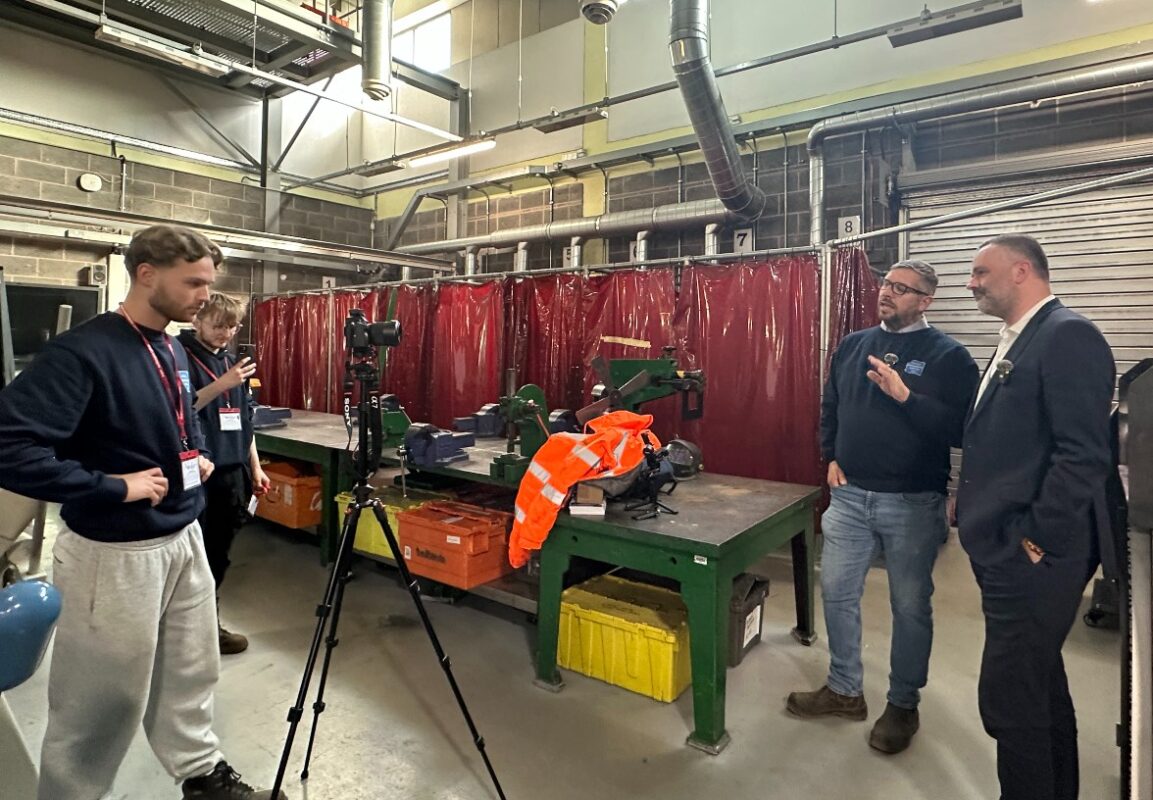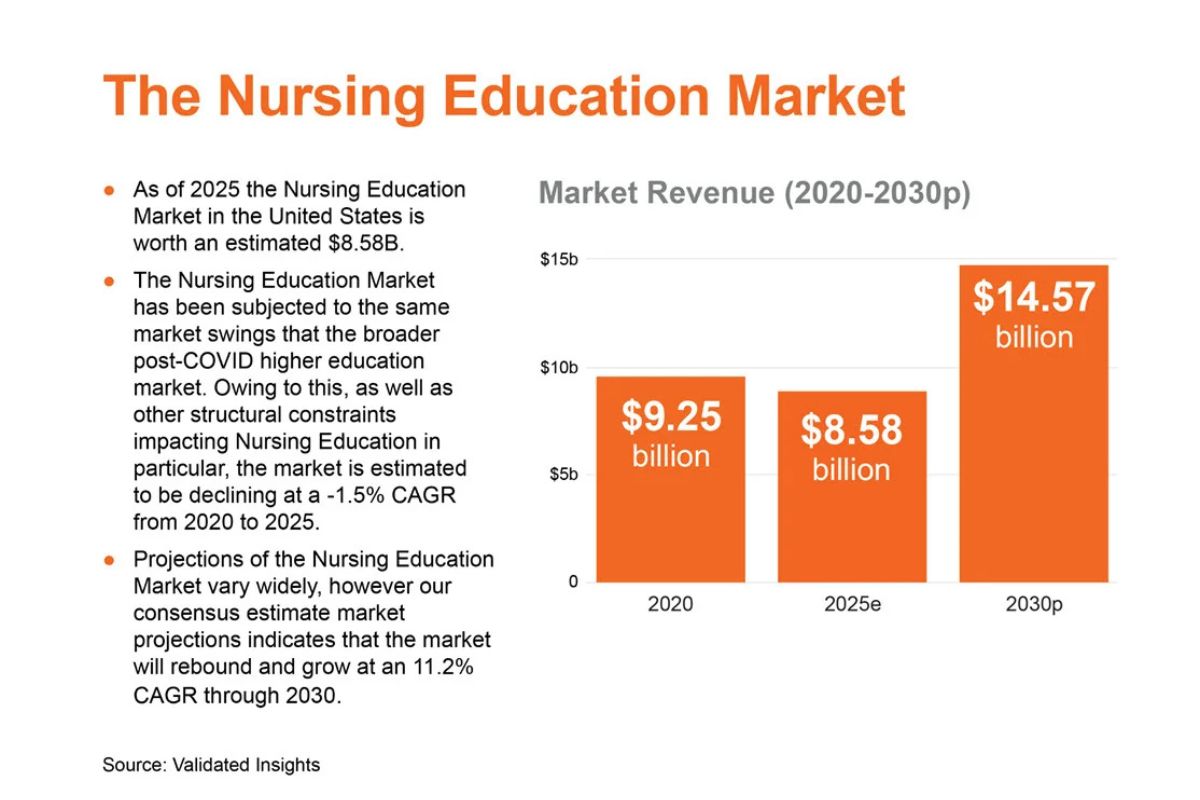Delivering a level playing field in the further education sector

Last month, AELP launched a report into the role, value, and impact of independent training providers (ITPs) in the English skills system. Our research ‘Excellence for Learners, Value for Employers’ was borne out of frustration from the lack of level playing field between ITPs and other forms of further education providers, such as colleges.
ITPs are responsible for delivering 7 out of 10 apprenticeships across the country. Yet this is only part of their diverse workload. ITPs also deliver the majority of traineeships and skills bootcamps, as well as a wide range of programmes for adult learners and those furthest away from the labour market. ITPs work closely with employers of all sizes to ensure fantastic outcomes for learners and Ofsted inspection results back this up. Over 80% of ITPs are rated as either good or outstanding.
Despite this, skills policy has tended to overlook the massive contribution that ITPs make to the further education system. Policymakers have put together rules, regulations, and funding with state-run FE providers in mind rather than the wide range of organisations that deliver post-16 learning.
Our research shows that the main impact of this approach has been to disadvantage those learners who choose to follow their studies outside of colleges. This has to change if we are to unlock the talents of the millions of people our economy needs as it recovers from the Covid-19 pandemic.
How can we deliver a level playing field for learners, employers and providers?

From our research, we have identified seven key recommendations that would see ITPs given a more equitable role within the skills system. Let’s explain these in turn:
1. Skills policy should concentrate on facilitating what works
Firstly, skills policy has historically tended to overlook the contribution of ITPs and has primarily focused on the needs of colleges.
This institution-led bias is outdated and unhelpful – skills policy should concentrate on facilitating what works and not which type of institution is delivering it. This will allow each institution to do what it does best within a common overall framework of funding, regulation and performance measures.
2. Intervention measures must be made more equal
Secondly, ITPs, colleges and others are not treated equally when it comes to decisions around intervening on the grounds of poor quality or performance.
Currently when an ITP is graded inadequate by Ofsted, or meets a financial intervention trigger, this can lead to the early termination of contracts. Colleges, however, seem to have more leeway and a longer amount of time to address any issues.
This harms learners just because they have chosen to further their studies at a particular type of institution. In order to take away that disadvantage, intervention measures designed to improve performance at colleges and ITPs must be made more equal.
3. Recognise L2 qualifications as a huge driver of social mobility
Furthermore, level 2 and below qualifications are often the first rung on the ladder for people re-entering education. They’re a huge driver of social mobility, yet we’re seeing an alarming drop in opportunities at these levels.
The government’s emphasis in recent years on improving the provision of skills at advanced and higher levels has resulted in this layer of learning being left behind. This needs to be reversed by recognising the incredible role ITPs play in delivering level 2 and below qualifications.
4. Think more creatively about flexible learning
ITPs have particular strengths in engaging and working with employers in flexible work-based and work-related learning and delivery contexts. However, the traditional models of academic year and classroom-based teaching limit the strengths of ITPs to engage employers and learners.
More creative thinking is needed about the design of new provision to ensure we are less reliant on traditional models of teaching. In particular, we should increase the use of the established and successful model of ‘roll-on roll-off’ entry that ITPs deploy rather than rely on traditional three-term academic year models.
5. End the policy divide between GCSEs and Functional Skills
Most ITPs use work-based learning for literacy and numeracy training because it works best for the employers they support. ITP staff often have expert first-hand knowledge of the employers where their learners work. They can therefore teach maths and English using applied examples rather than abstract or non-relevant contexts.
However, content reform of functional skills qualifications – and the discounted funding rates within apprenticeships – have undermined the effectiveness of work-based learning. We should end the policy divide between classroom-based GCSEs and work-based Functional Skills Level 2 qualifications.
6. Learn to trust ITPs
Government must learn to trust ITPs to deliver on the basis that that is what their track record has long demonstrated. From apprenticeships to traineeships and beyond, Ofsted inspections show that ITPs deliver high-quality training through a wide range of qualifications.
However, changes to rules and regulations must accommodate the different drivers that underpin ITP activities. This will lead to a wider learner choice and more employers benefitting from the expertise that ITPs have to offer.
7. Utilise our wealth of expertise
Finally, the ITP sector is, and always has been, keen to work with government and its agencies to design and deliver the high-quality learning solutions that the economy needs.
The expertise throughout the sector is not being utilised enough by Government. The wealth of experience, expertise and industry knowledge that ITPs have should be used in the policymaking process to help aid better decision making.
Giving ITPs a more equitable role within the skills system
These seven key recommendations – made in our report – would create a level playing field in the provision of skills training across England.
This would enable better learner and employer choice – which is vital as we emerge from the Covid-19 pandemic.











Responses